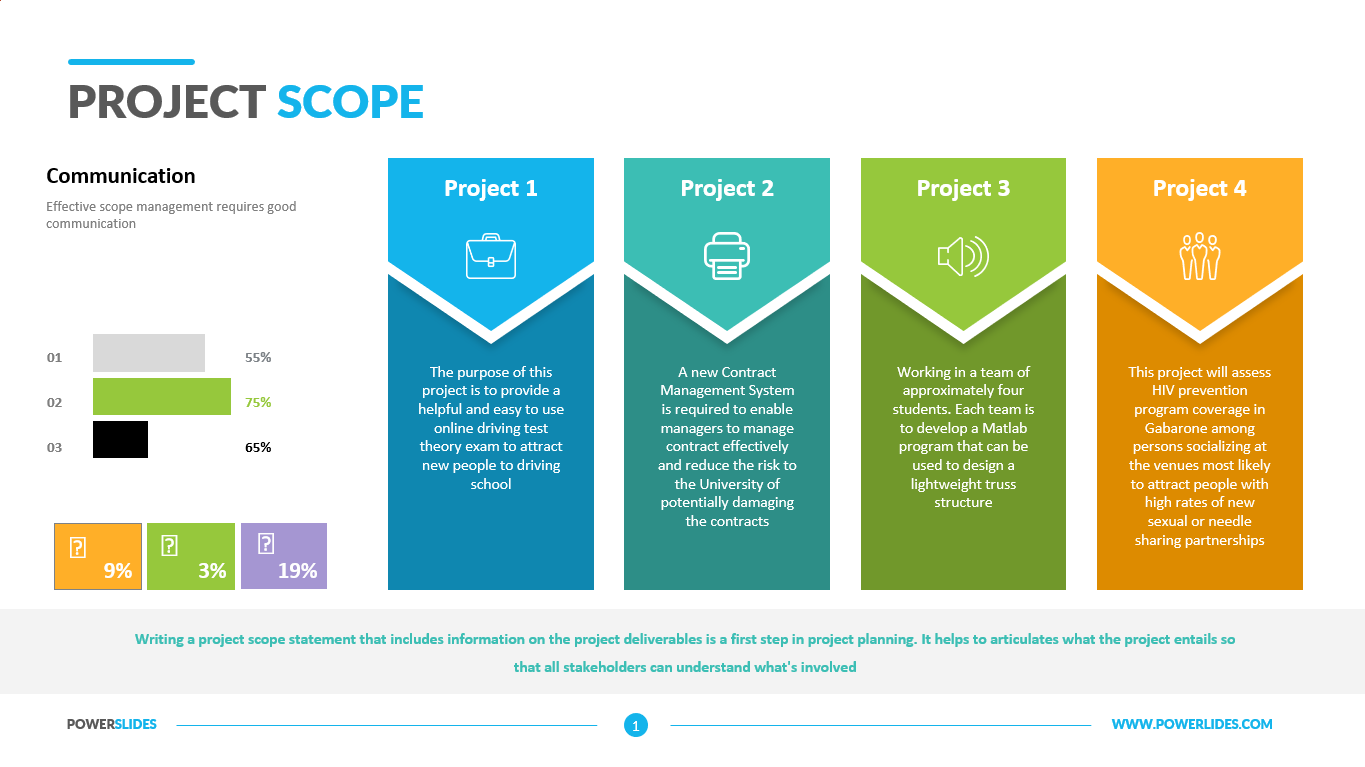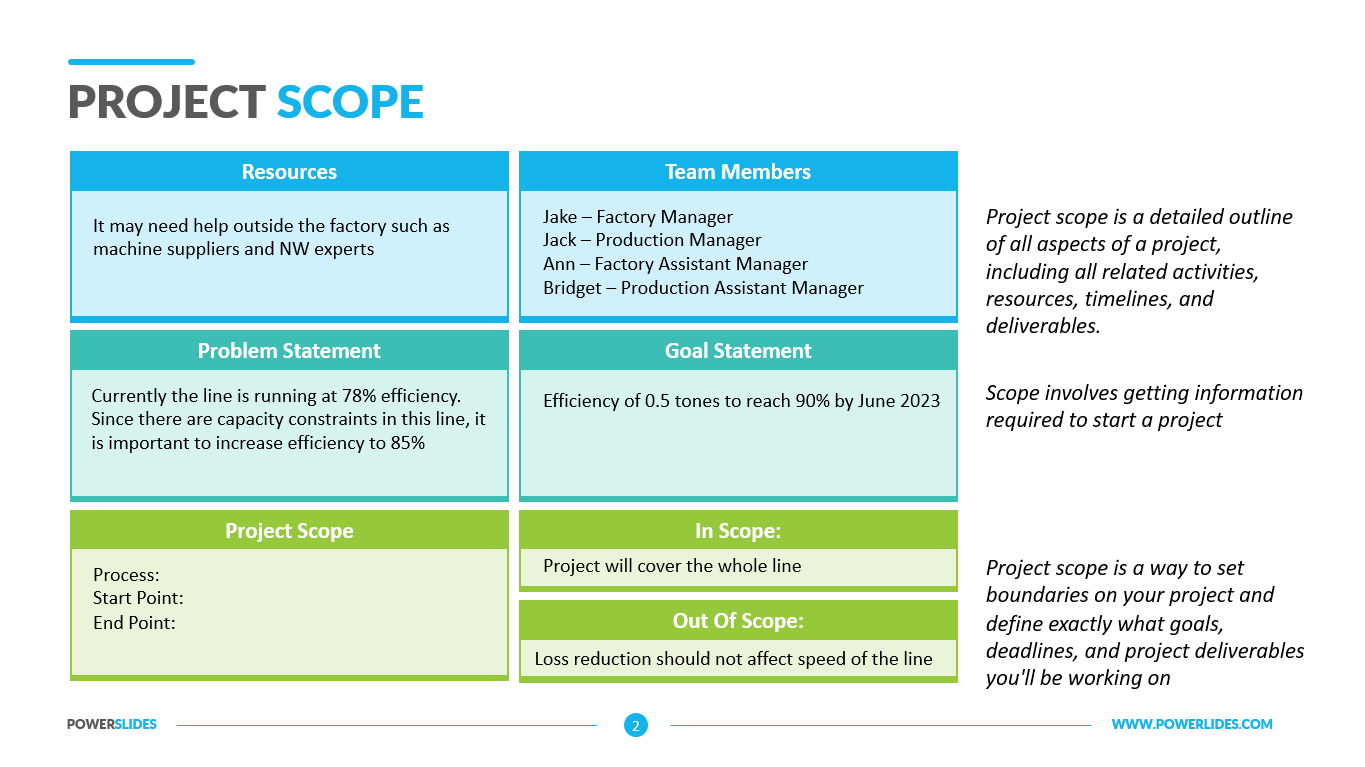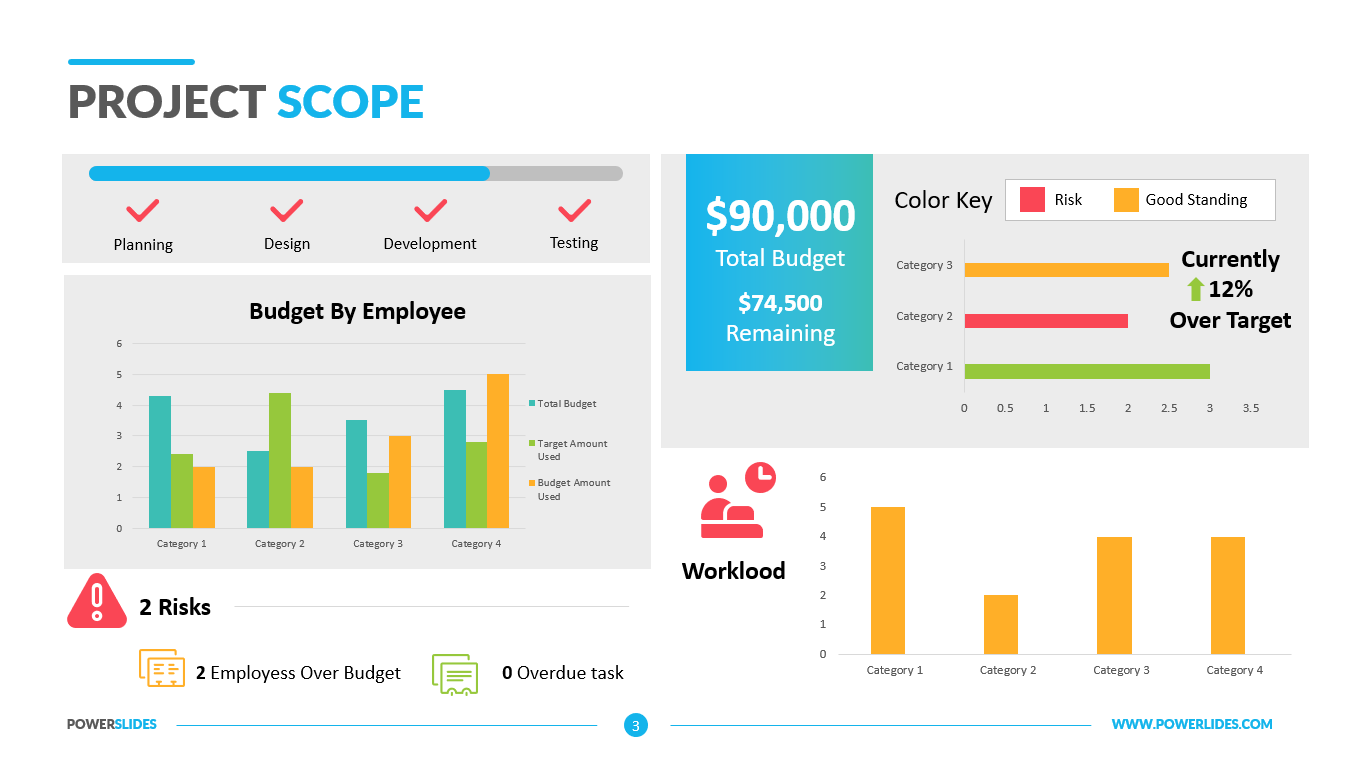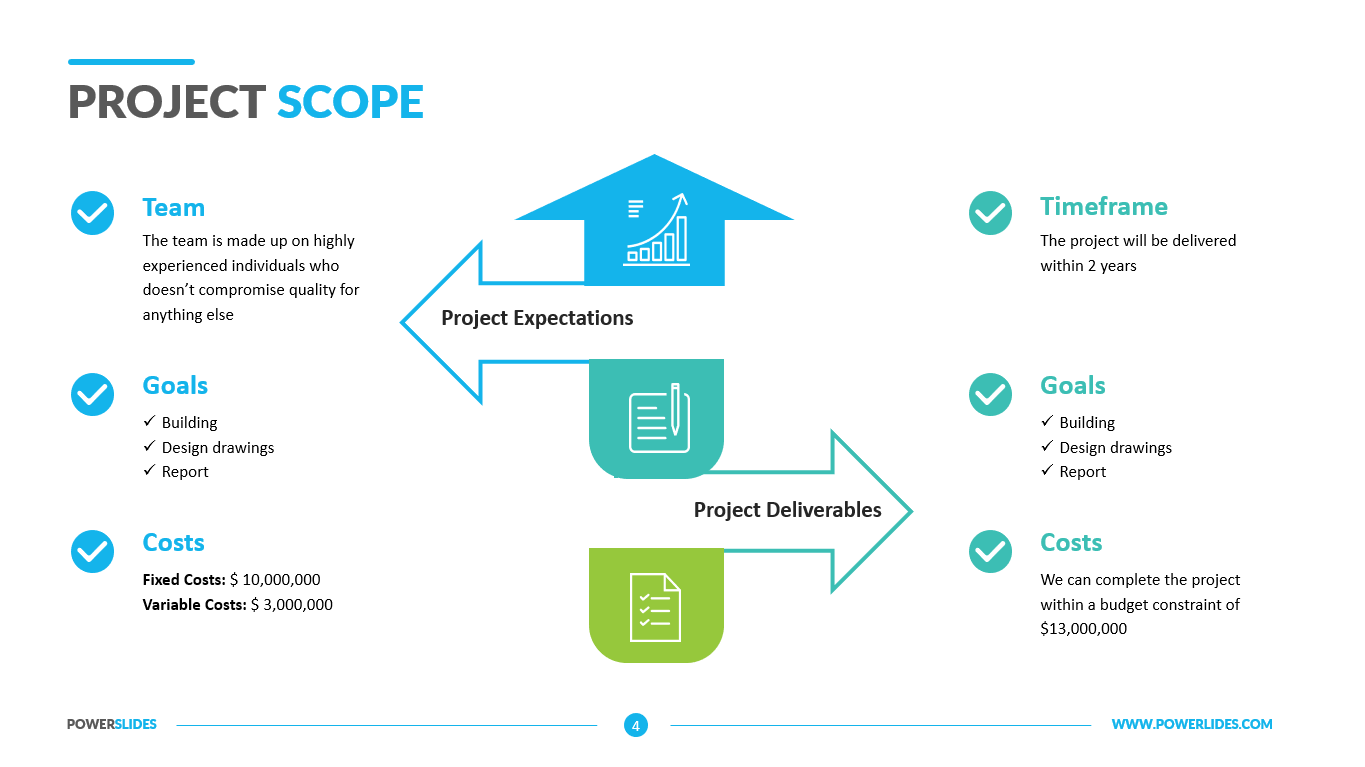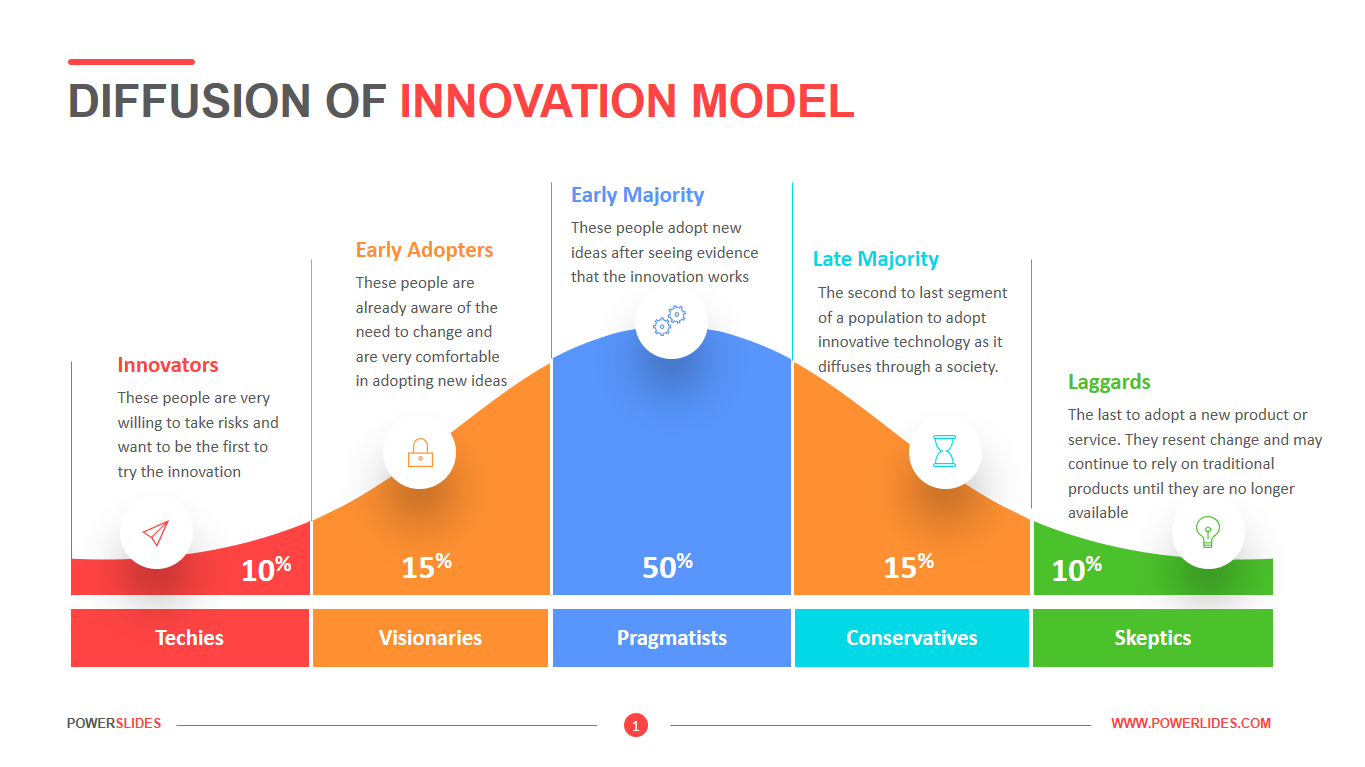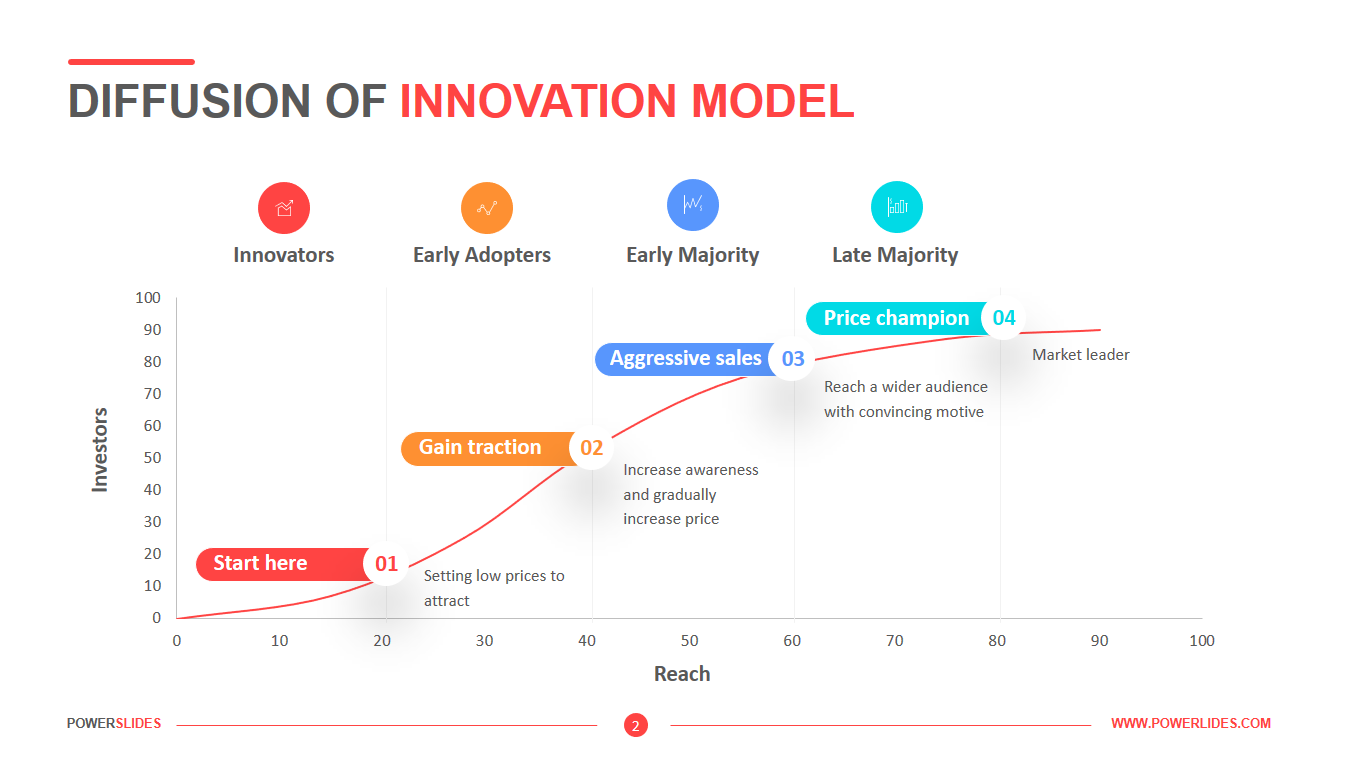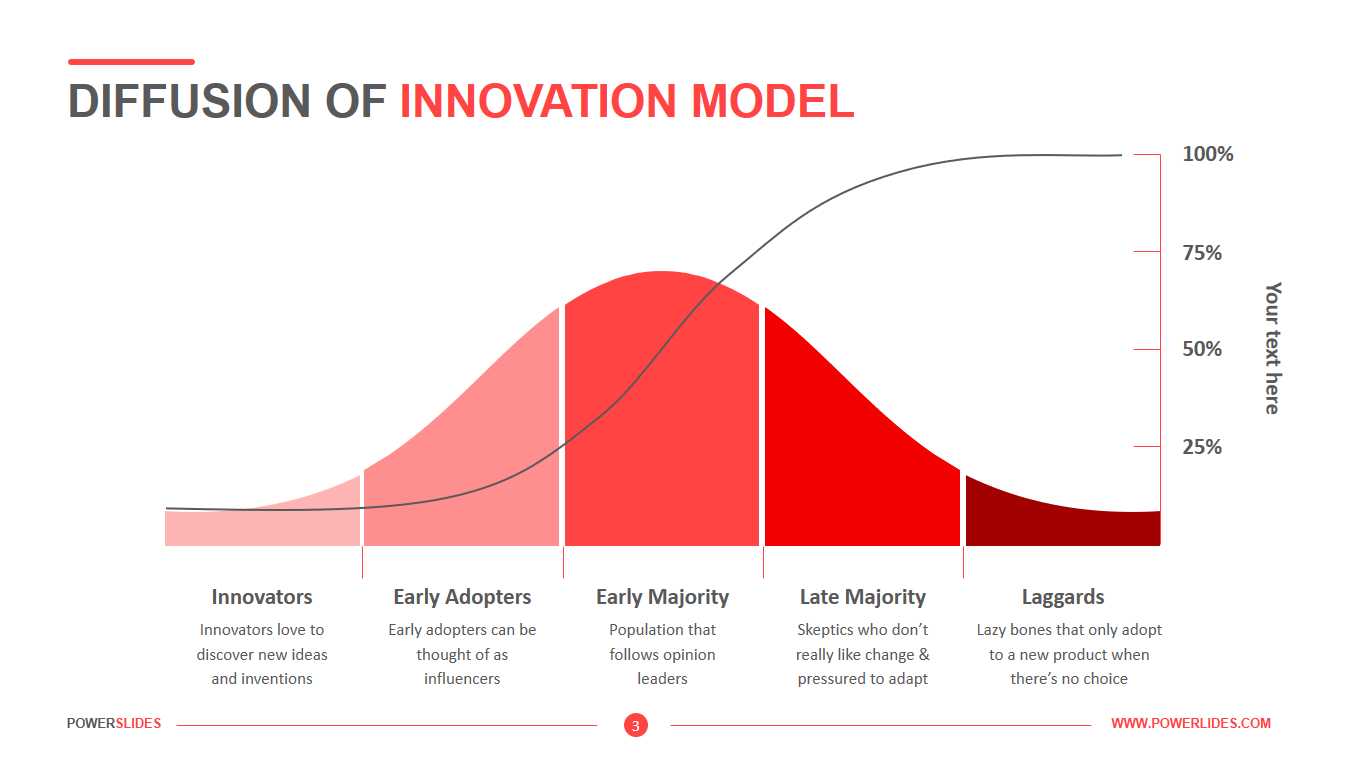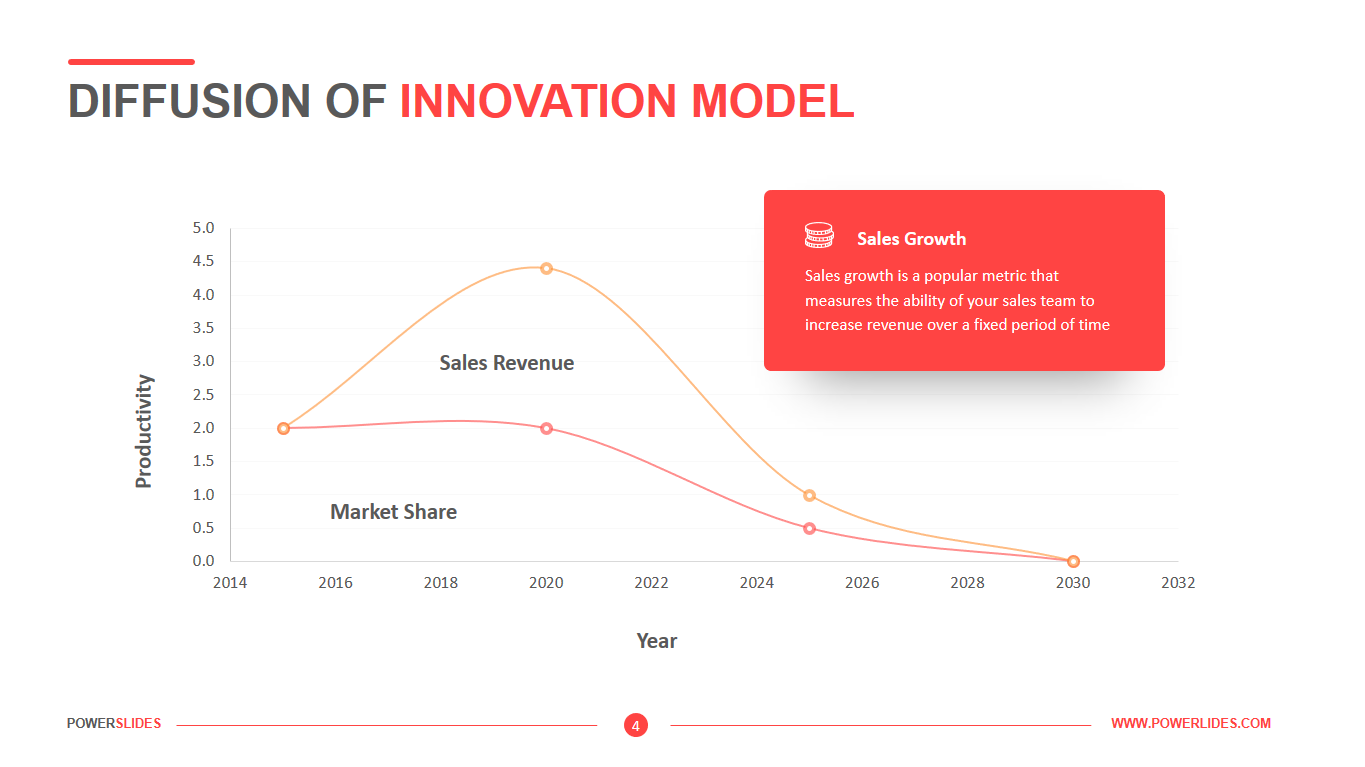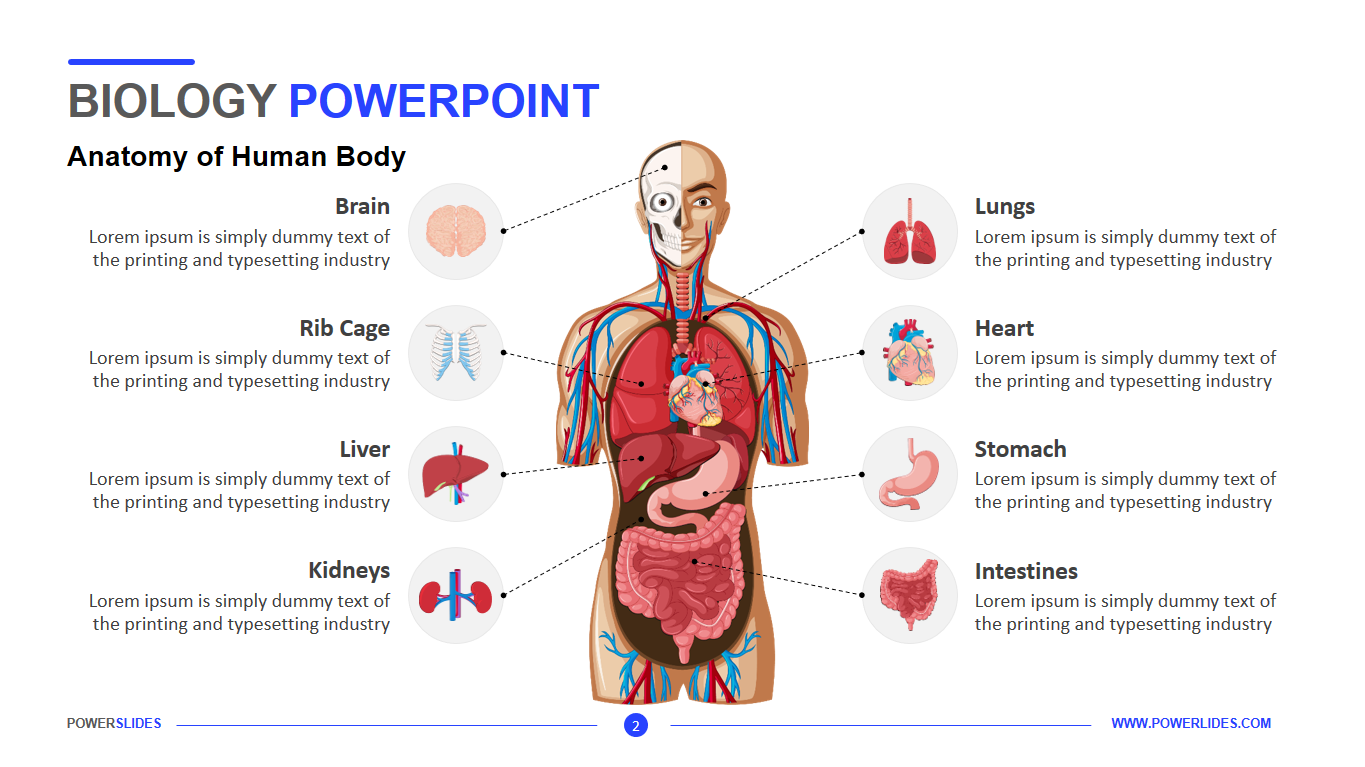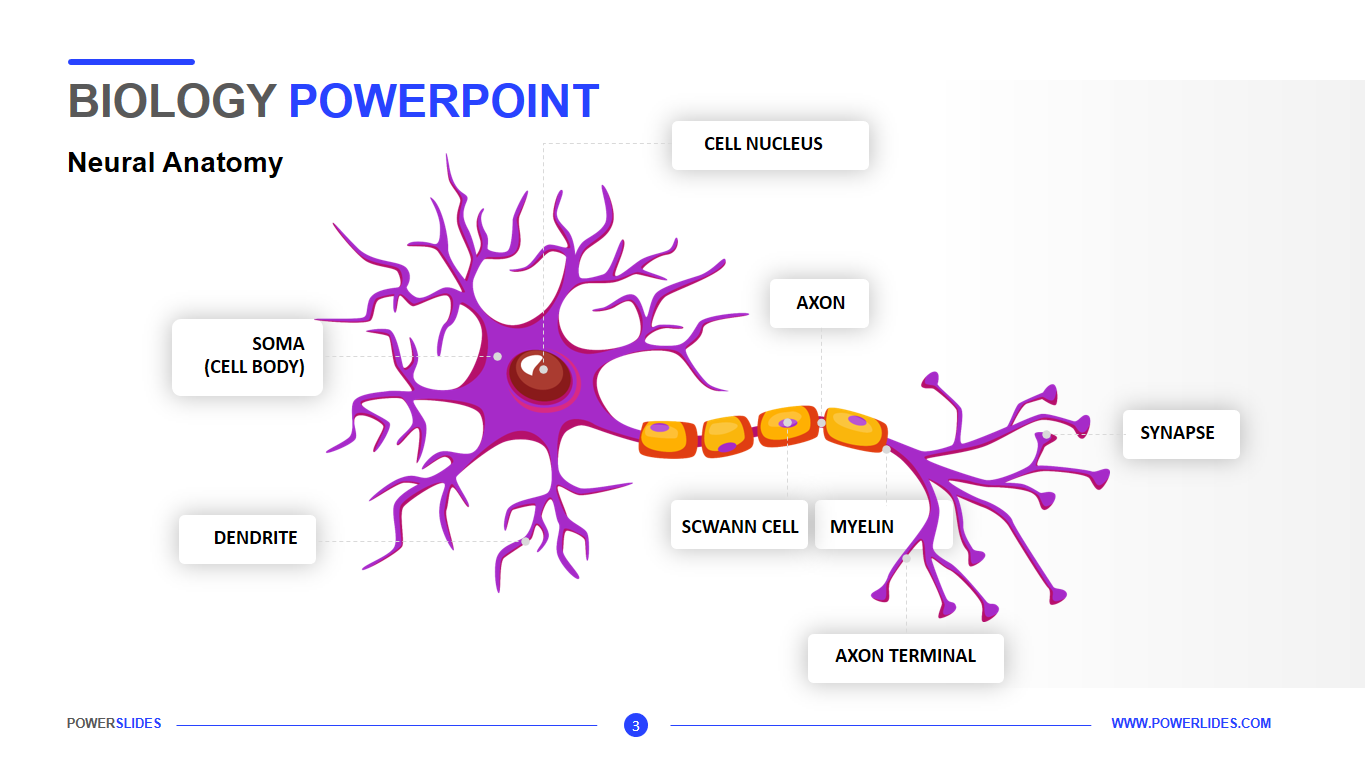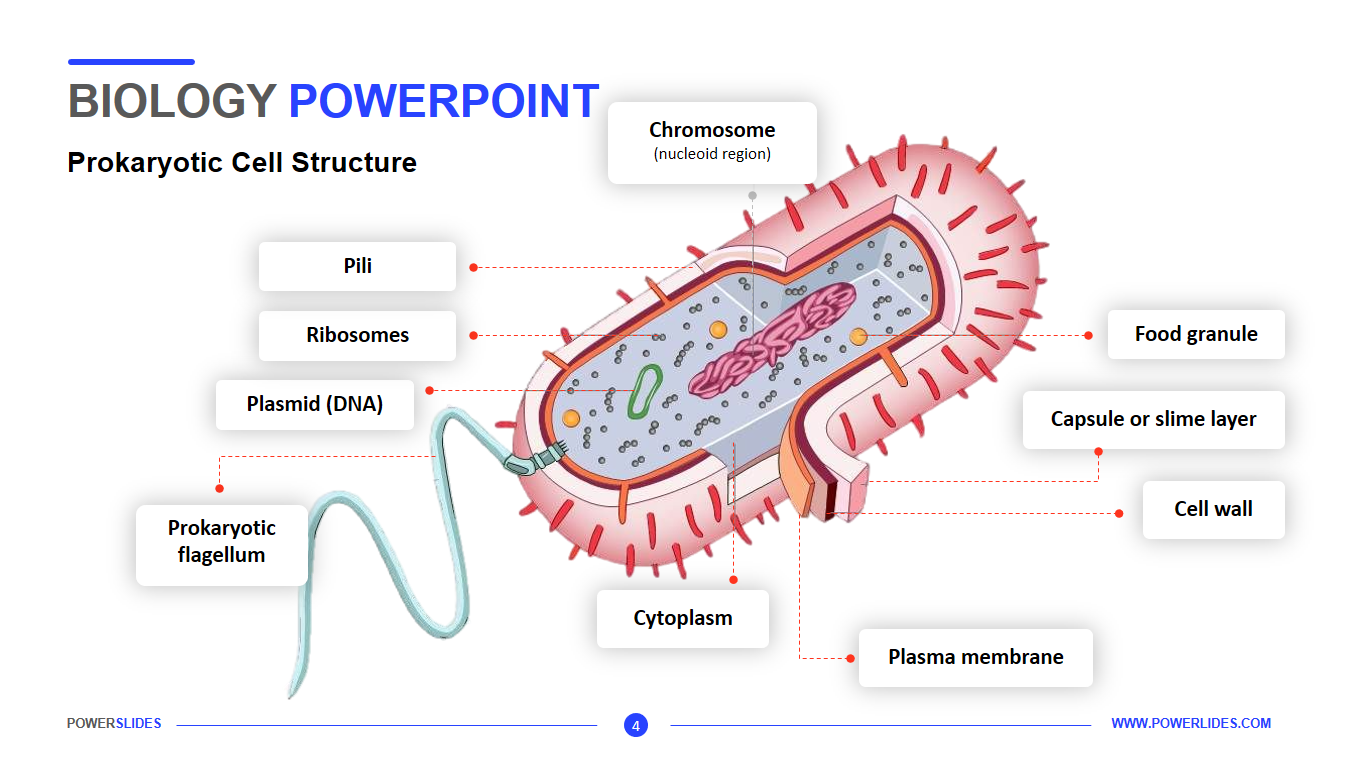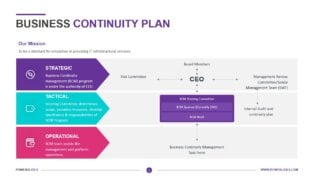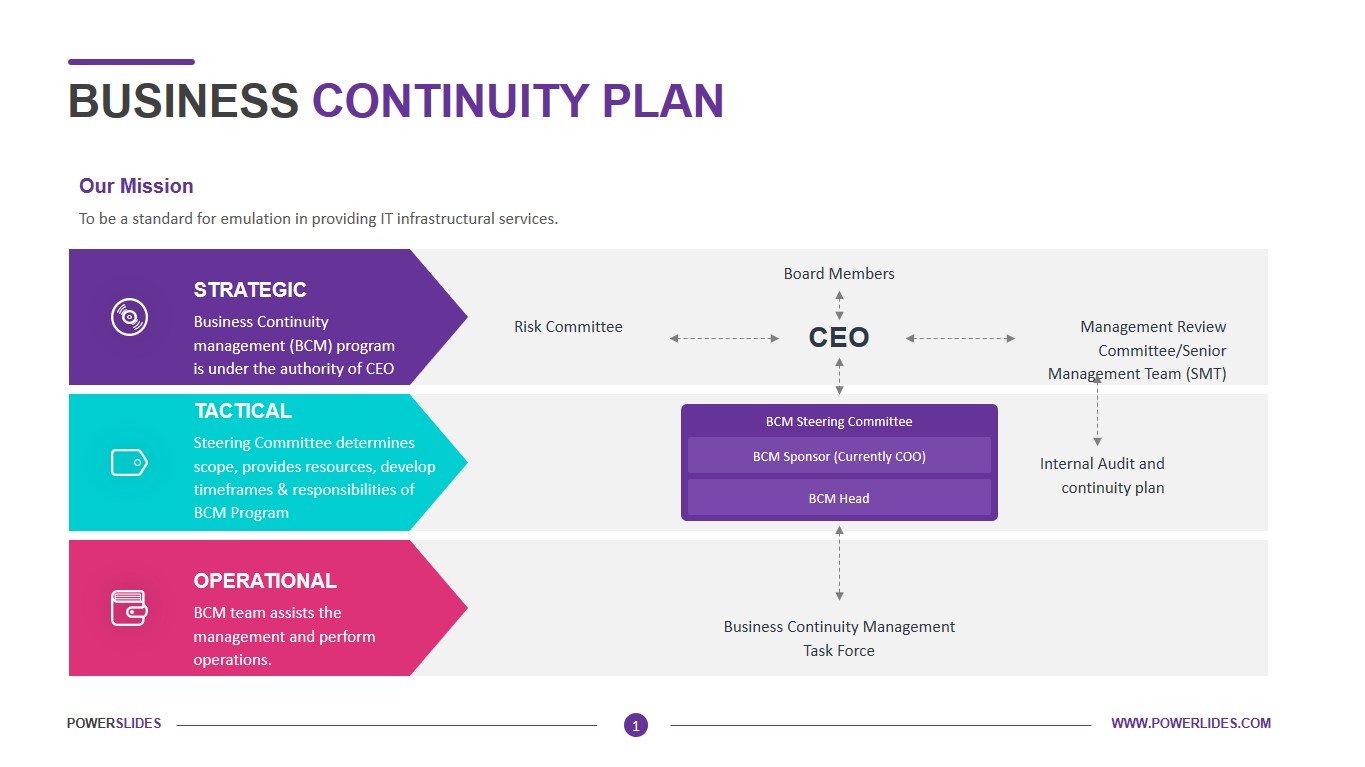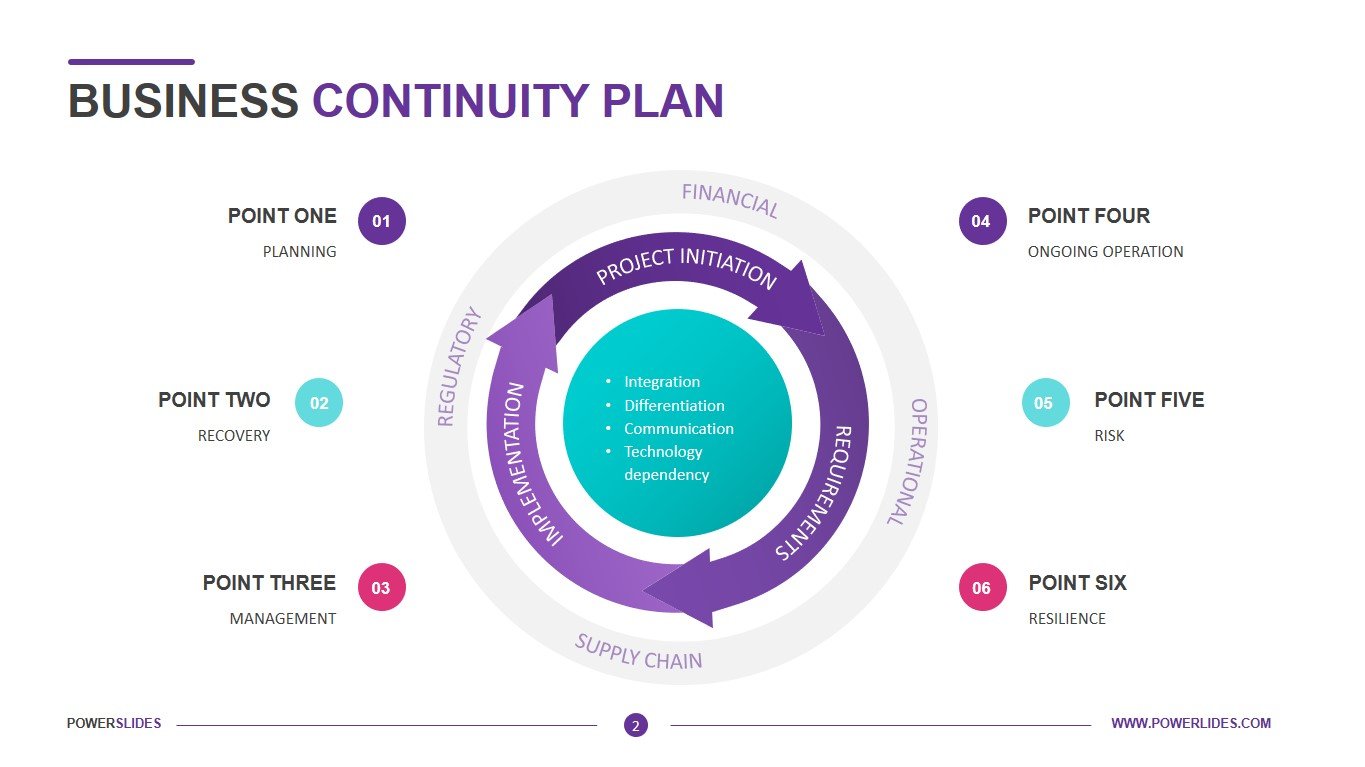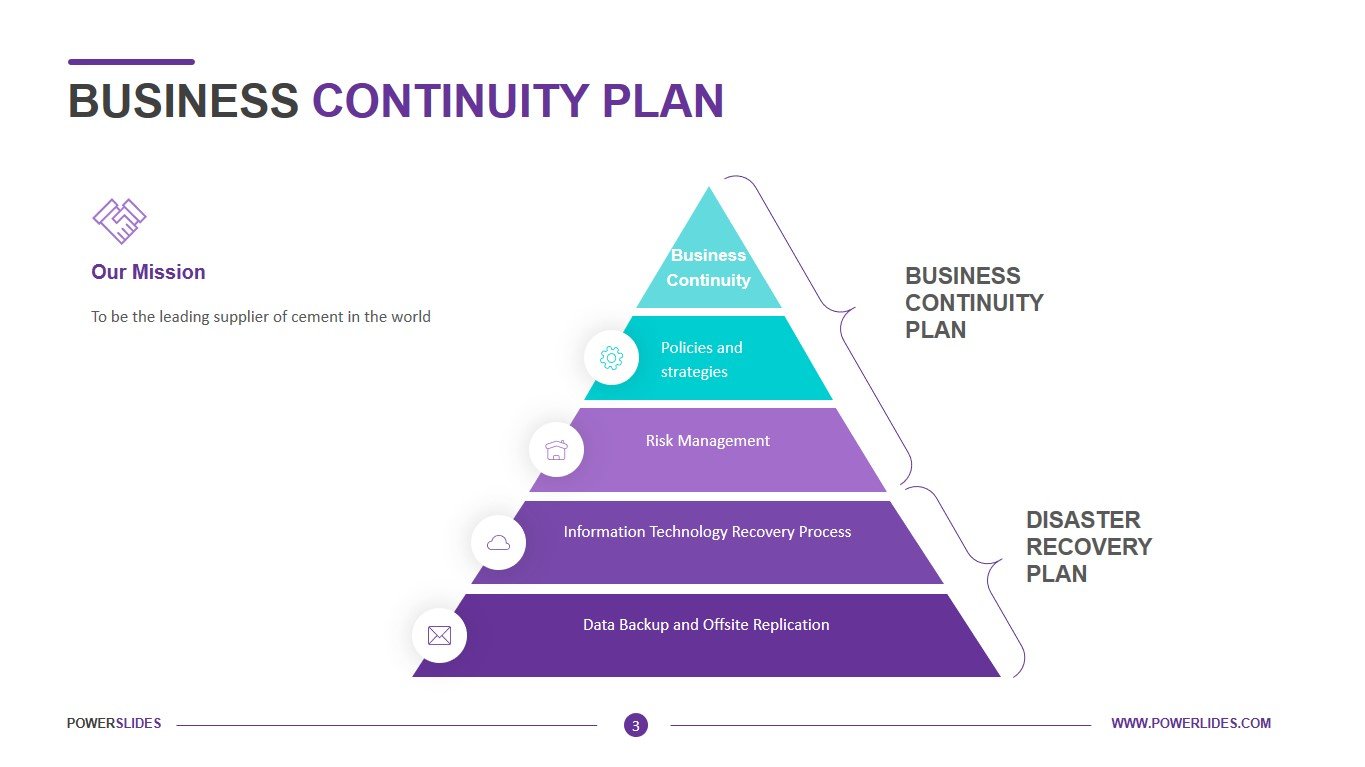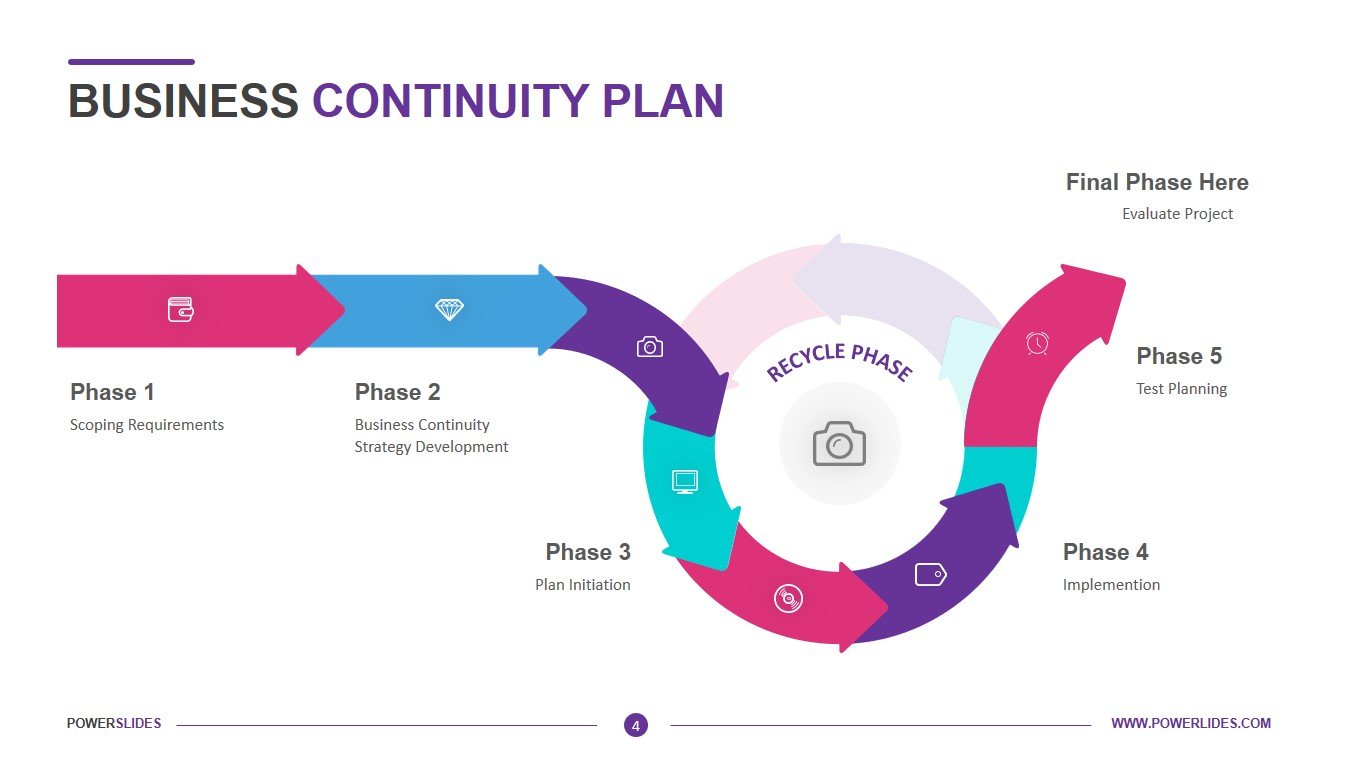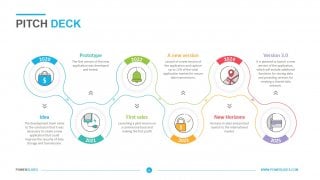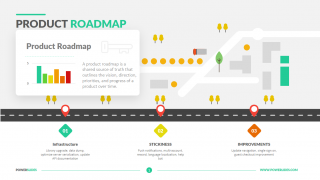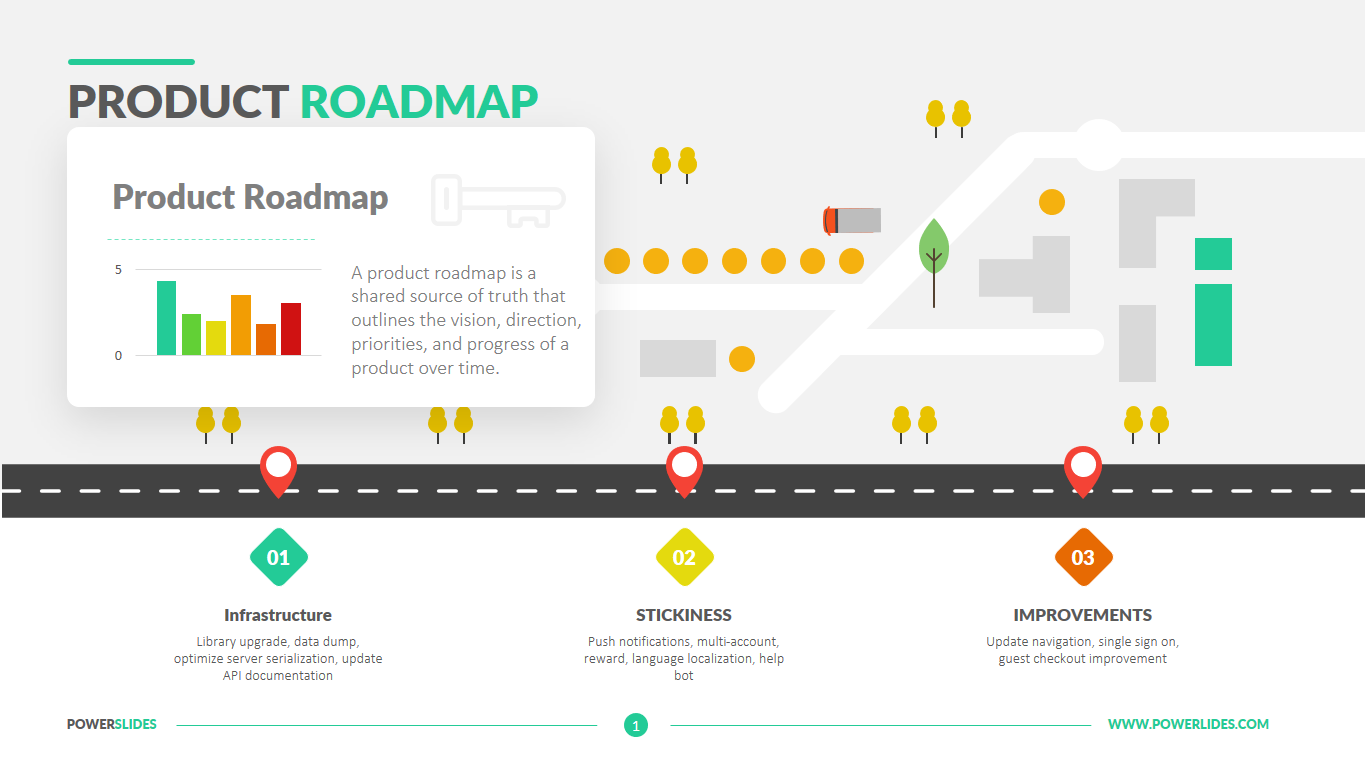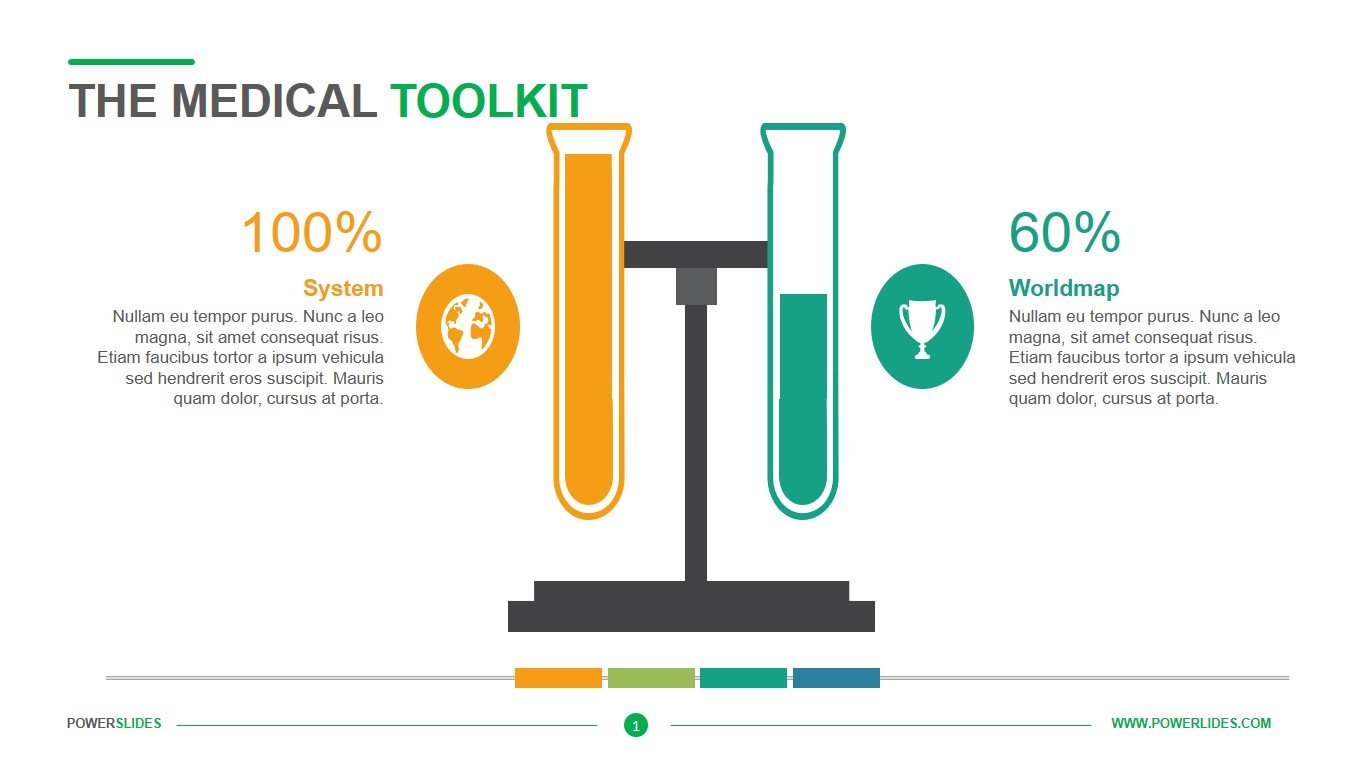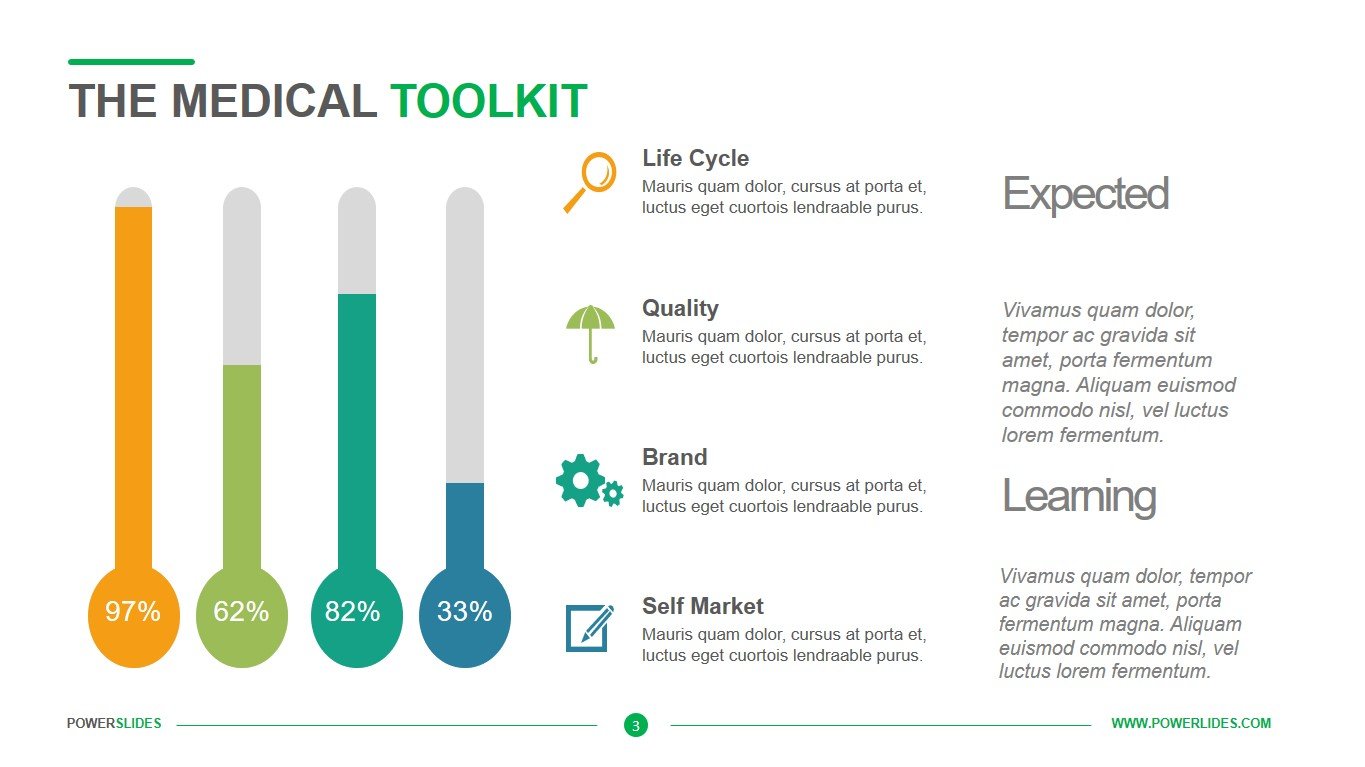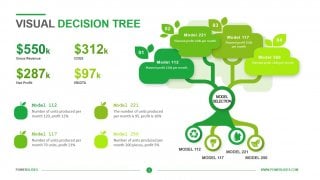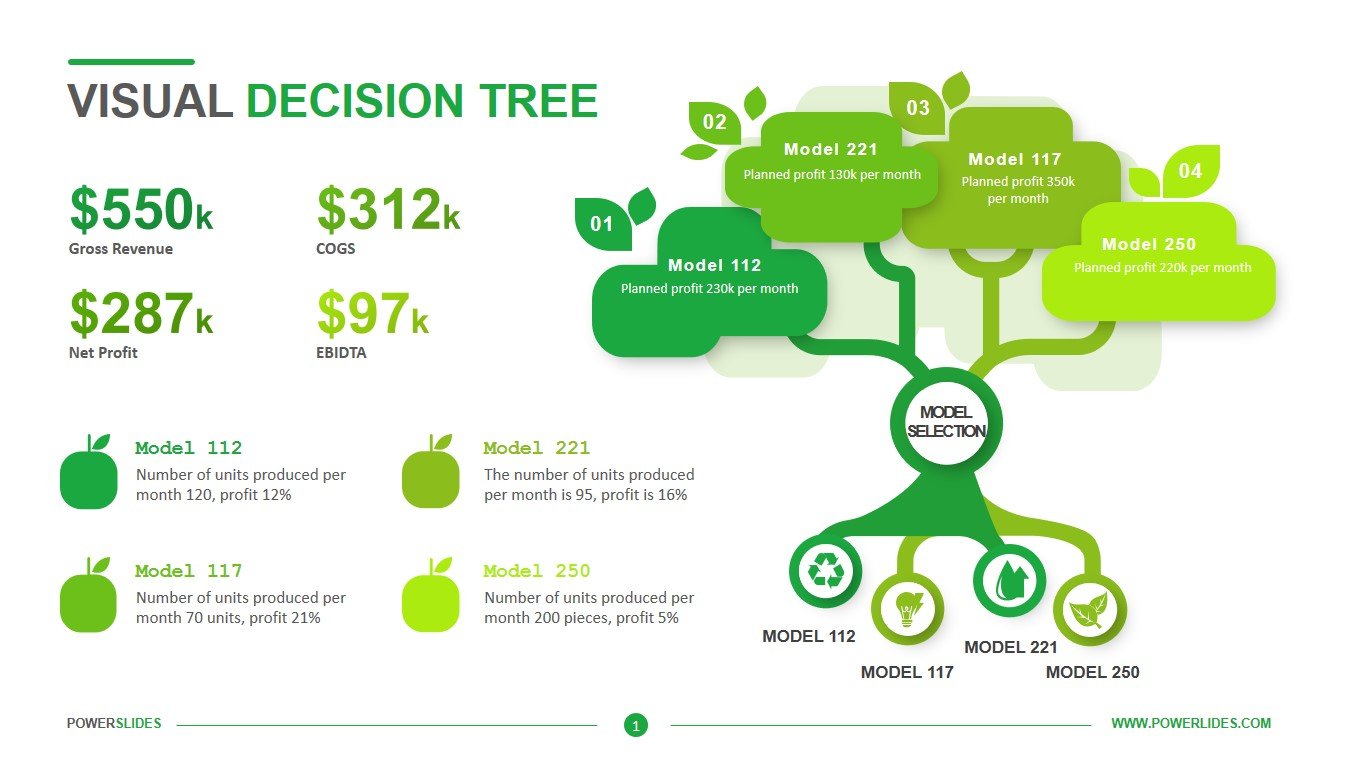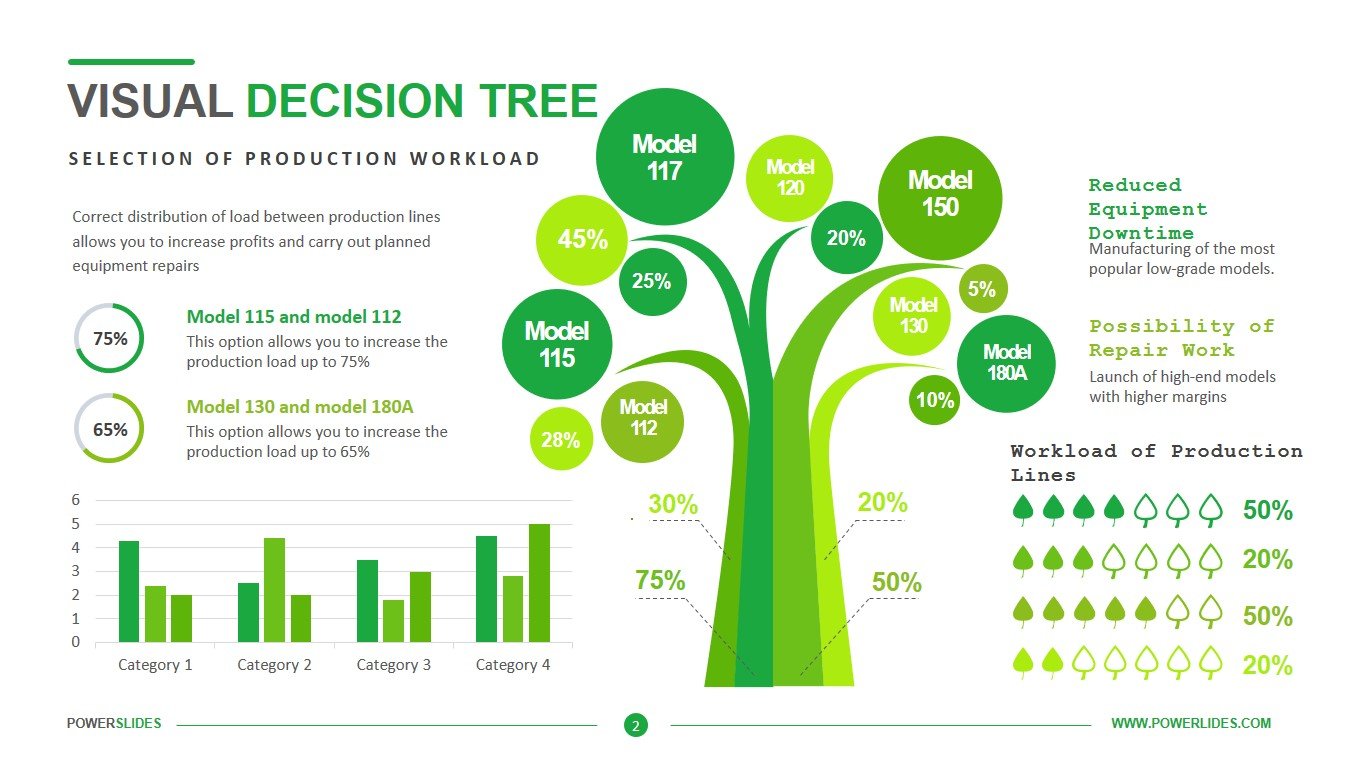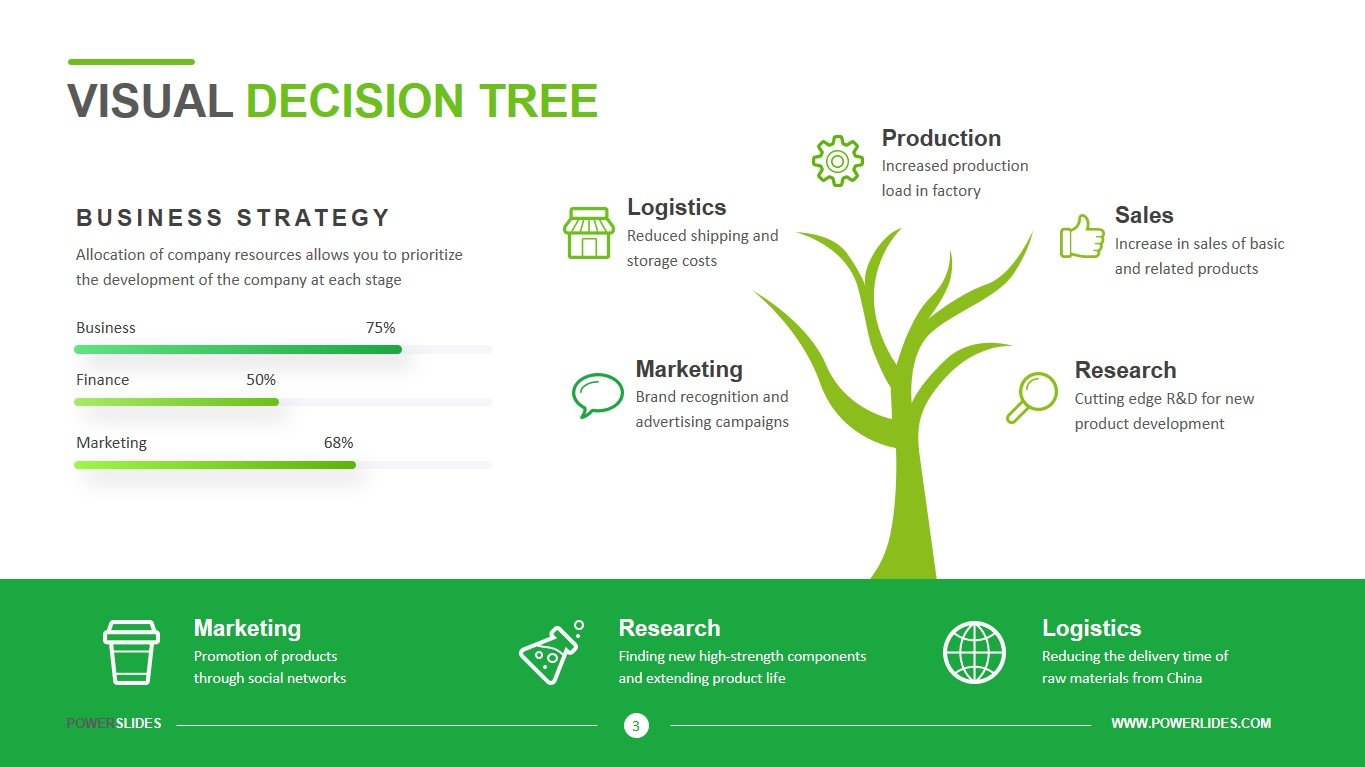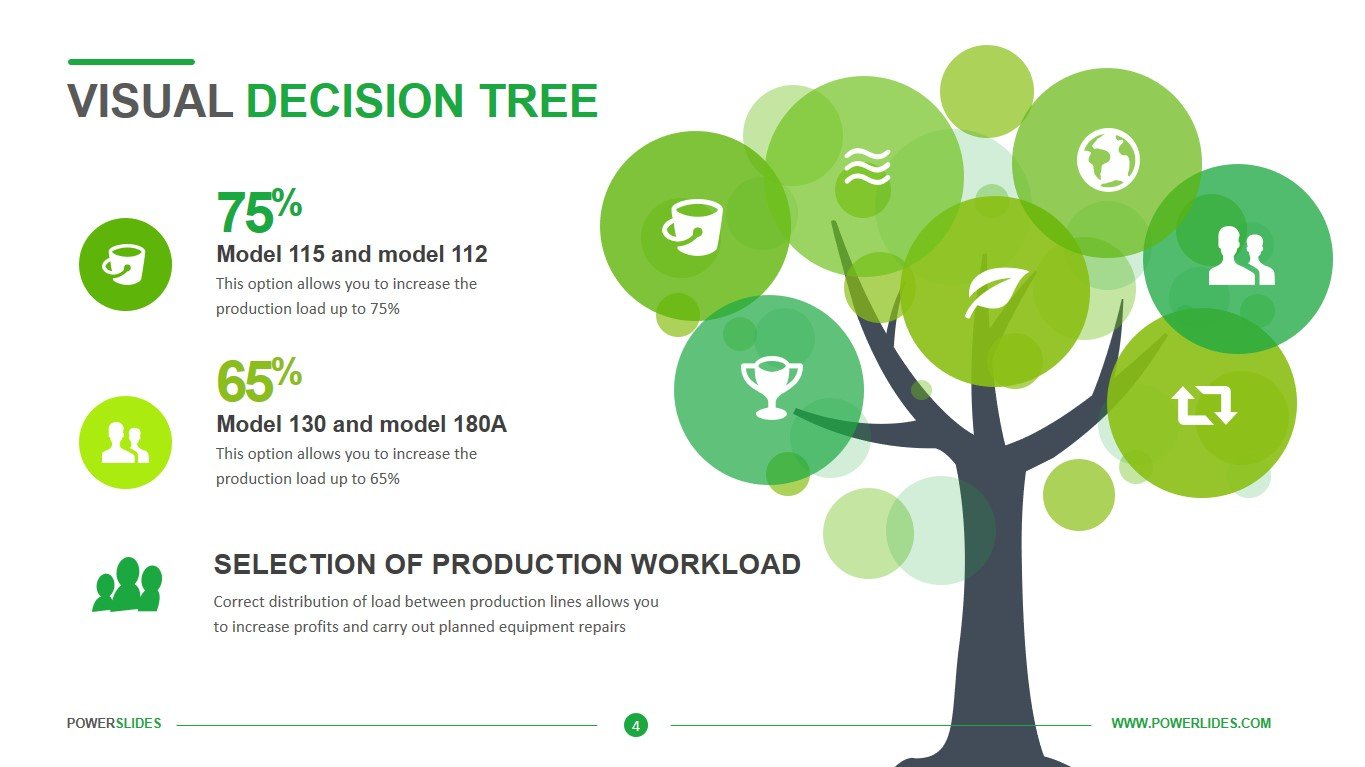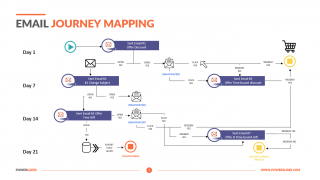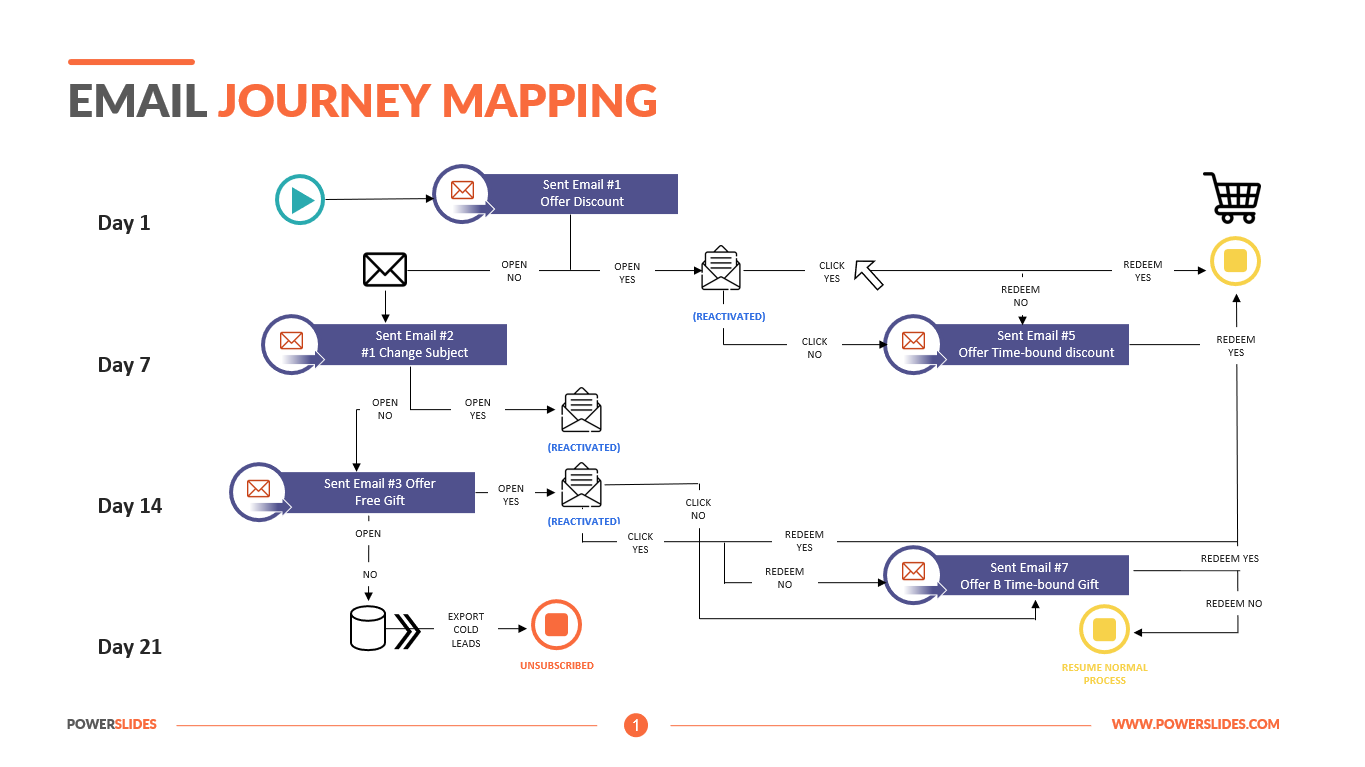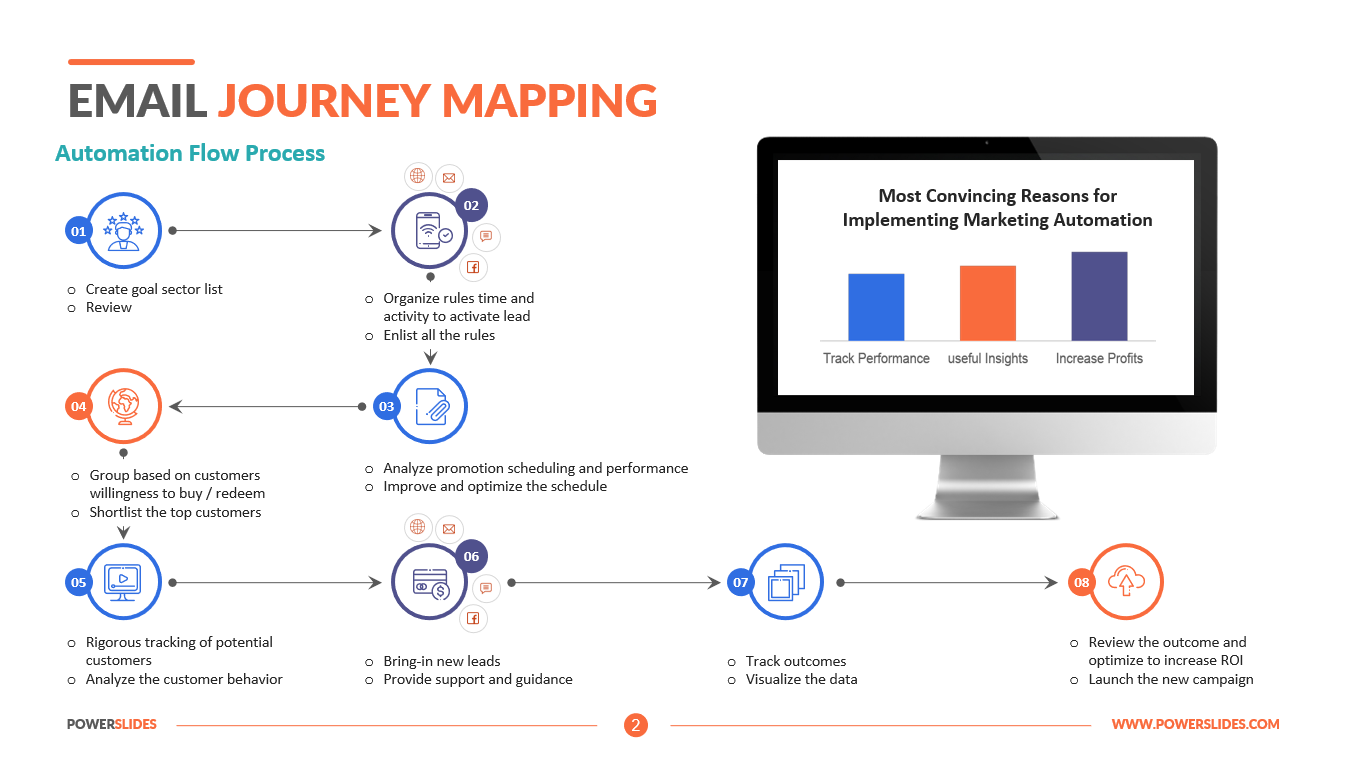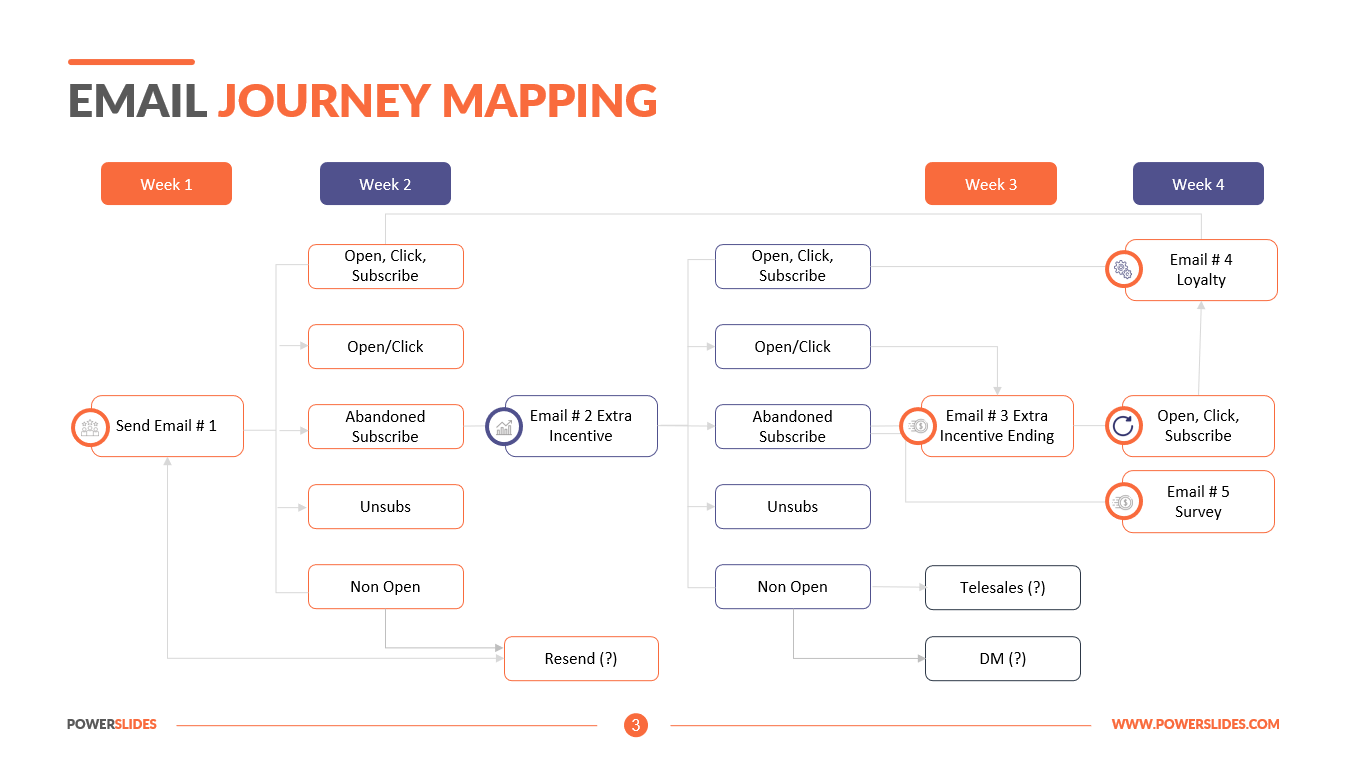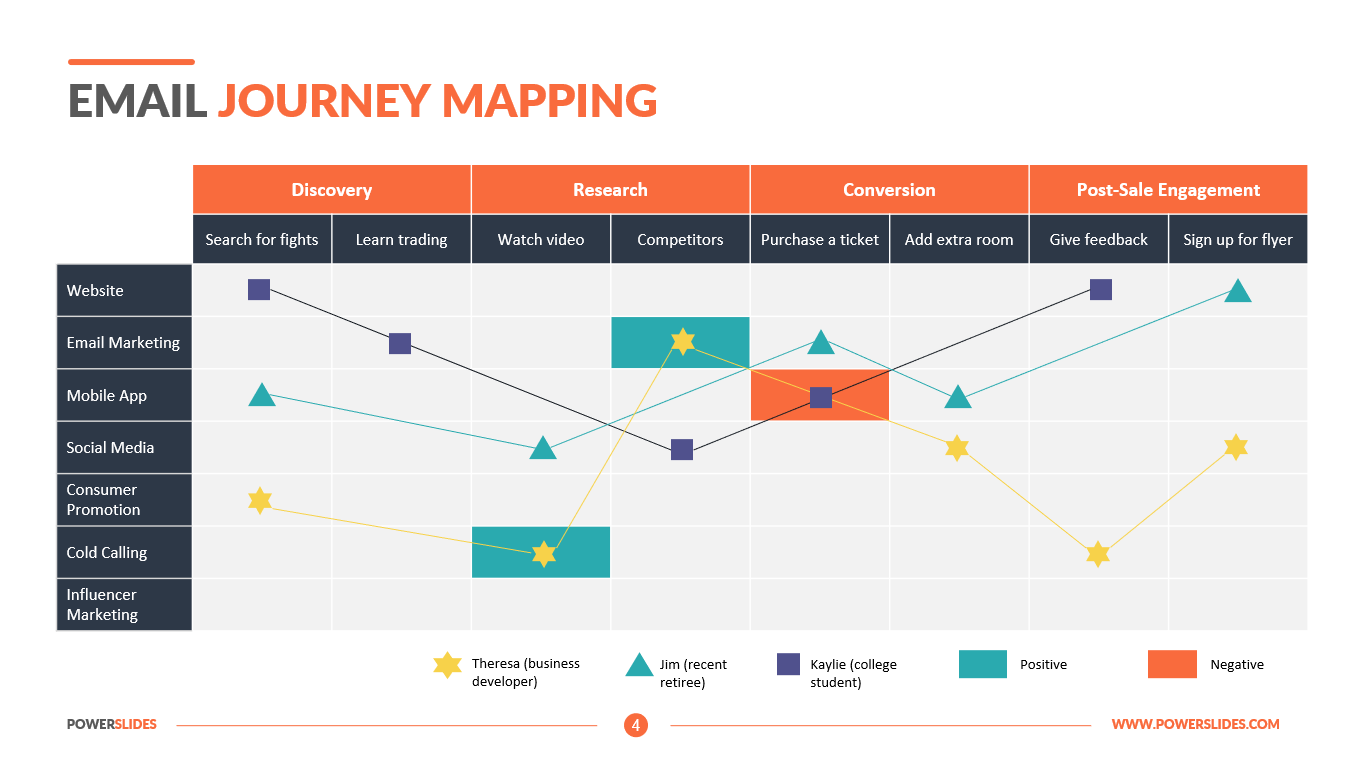Operations Management
 4 Slides
4 Slides
 File size: 16:9
File size: 16:9 
 Fonts: Lato Black, Calibri
Fonts: Lato Black, Calibri
 Supported version
PPT 2010, PPT 2013, PPT 2016
Supported version
PPT 2010, PPT 2013, PPT 2016
Product details
Operations management involves utilizing resources from staff, materials, equipment, and technology. Operations managers acquire, develop, and deliver goods to clients based on client needs and the abilities of the company.
Operations management handles various strategic issues, including determining the size of manufacturing plants and project management methods and implementing the structure of information technology networks. Other operational issues include the management of inventory levels, including work-in-process levels and raw materials acquisition, quality control, materials handling, and maintenance policies.
Operations management entails studying the use of raw materials and ensuring minimal waste occurs. Operations managers utilize numerous formulas, such as the economic order quantity formula to determine when and how large of an inventory order to process and how much inventory to hold on hand.
A critical function of operations management relates to the management of inventory through the supply chain. To be an effective operations management professional, one must be able to understand the processes that are essential to what a company does and get them to flow and work together seamlessly. The coordination involved in setting up business processes in an efficient way requires a solid understanding of logistics.
An operations management professional understands local and global trends, customer demand, and the available resources for production. Operations management approaches the acquisition of materials and the use of labor in a timely, cost-effective manner to deliver customer expectations. Inventory levels are monitored to ensure excessive quantities are on hand. Operations management is responsible for finding vendors that supply the appropriate goods at reasonable prices and have the ability to deliver the product when needed.
Another large facet of operations management involves the delivery of goods to customers. This includes ensuring products are delivered within the agreed time commitment. Operations management also typically follows up with customers to ensure the products meet quality and functionality needs. Finally, operations management takes the feedback received and distributes the relevant information to each department to use in process improvement.
Operations management is concerned with controlling the production process and business operations in the most efficient manner possible. Operations management professionals attempt to balance operating costs with revenue to maximize net operating profit.
This template will be useful for company leaders when preparing a company development strategy. Production managers can use this template when planning product releases. Project managers can detail timelines and milestones for new projects.
Logistics managers can use this template when preparing information about the supply chain of raw materials using sea and rail transport. Startup executives can use this template when preparing for a meeting with investors. Financiers and economists can use this template when preparing analytical reports on the efficient use of company resources.
Operations Management is a professional and modern template that contains six stylish and fully editable slides. If necessary, you can change all elements of the slide in accordance with your corporate requirements. This template will be useful for project managers, company leaders, startups. The Operations Management template will seamlessly complement your presentations and will be a great addition to your collection of professional presentations.






